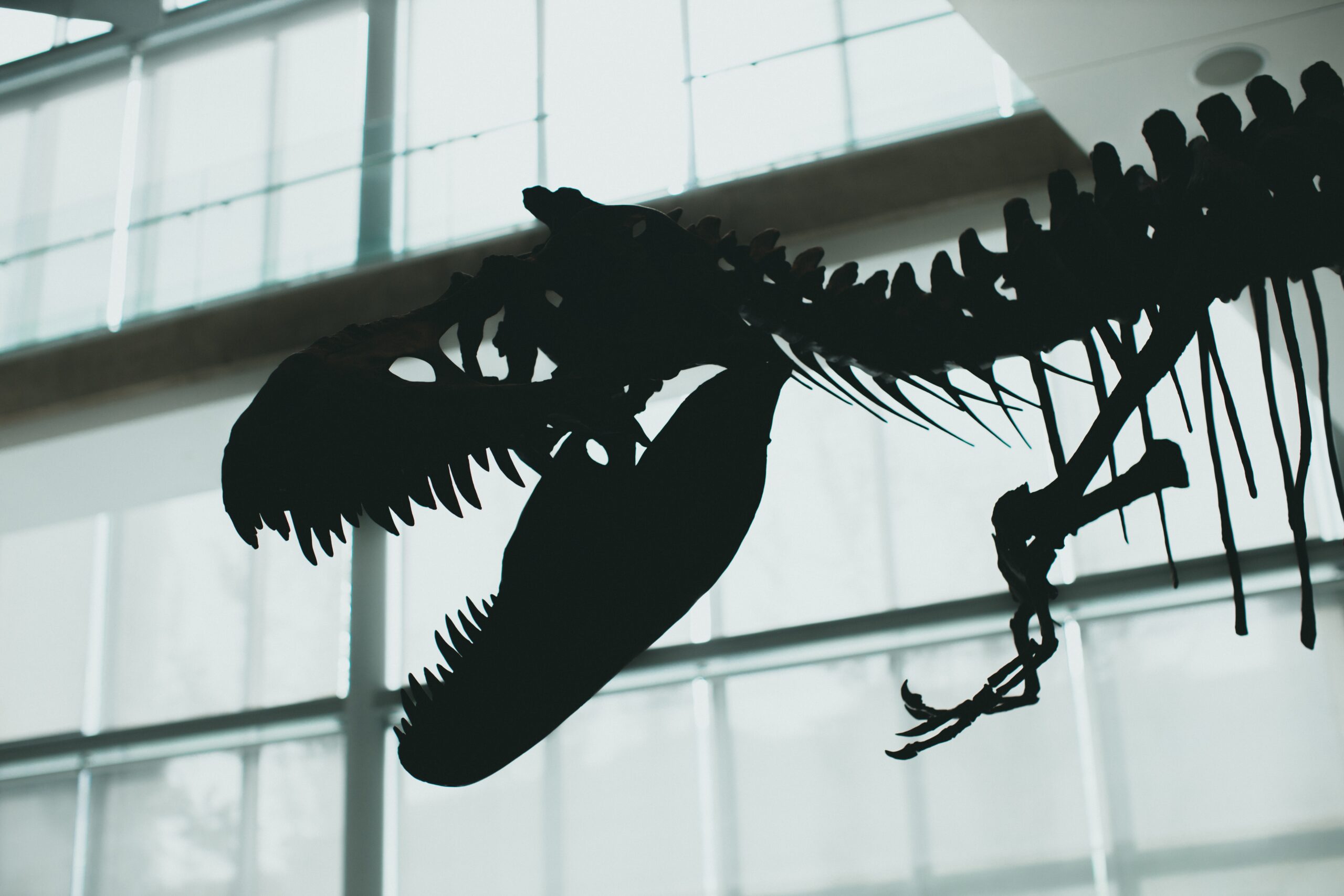 Age discrimination: I’ve been called rude names
Age discrimination: I’ve been called rude names
Are you an older worker who has been called rude names at work?
That’s what happened to 58-year-old Glenn Cowie who spent 37 years working at Vesuvius, an international engineering company that makes products for the car industry, steelmakers and foundries.
He joined the firm in 1981 when he was living in South Africa. In 2014, he was promoted to become Global Business Unit President of a division of the company known variously as Foundry Industries and Foseco International.
What went wrong
Things started going wrong for Glenn when a new policy was introduced that encouraged managers not to hire anyone over the age of 45.
In February 2018, during a meeting with other executives in Brazil, CEO Patrick Andre called Glenn an “old fossil who doesn’t know how to manage millennials”.
Later in 2018, Patrick told the company’s board that Glenn was not performing well enough and that he had six months to improve.
In February 2019, Patrick decided to sack Glenn and an executive search agency was employed to find a potential replacement for him.
However, Glenn wasn’t told about any of this until August 2019, when his employment was terminated.
He said: “It’s hard to describe fully the mental anguish I suffered as a result of the company’s treatment. It was severe and lasting. I lost confidence and felt very low. In late 2019, I suffered deeply depressive and anxious periods I’d never had before.”
What happened
Glenn lodged a claim complaining of age discrimination and the tribunal awarded him an initial payment including £20,000 for injury to feelings.
In February 2022, he won claims of age discrimination, victimisation and unfair dismissal and was awarded nearly £35,000.
A second compensation hearing to determine his loss of income award will be held at a later date.
Vesuvius denies that Glenn was discriminated against based on age or whistleblowing. They have appealed against the original judgment and are deciding whether a further appeal is necessary.
Age discrimination goes beyond ageist name-calling
Ageism can cut both ways. For example:
- A 25-year-old might be told that she’s “too young” to be promoted
- An applicant in his 50s could discover that the company is looking for a recent college graduate
- An employee in her 60s might be excluded from a late-night work event
The assumption seems to be that younger people are more tech-savvy, creative and full of energy, while older workers want to slow down and anticipate retirement.
However, in 2016, Harvard Business Review surveyed more than 10,000 people from across the world aged 24 to 80.
They found that people of different ages are increasingly working together. Many people currently in their 50s will work into their 70s, whilst those in their 20s could well be working into their 80s.
Instead of three life stages:
- Education
- Employment
- Retirement
Life is now multi-stage, blending education with exploration, learning, corporate work, freelance gigs, and time out of the workforce.
The study overturned common stereotypes, as it found that:
- Education doesn’t stop, as most people continue invest in learning new skills no matter what their age
- The percentage of people who feel positive (or negative) about their work was more or less equal for all ages
- Older people work as hard as younger ones to keep fit
- There’s no evidence of age-related exhaustion
- Older people don’t particularly want to slow down
- There was no significant difference in the age of people who want to explore the world
The point is that age discrimination doesn’t make sense (as well as being illegal), because the evidence just doesn’t back it up.
What this means to you
Under the Equality Act 2010, you should not be discriminated against on the basis of your age. Good employers won’t tolerate ageism in the workplace, and will have systems and processes in place to protect you.
If employers assume you’re too young or too old, they’ll make the wrong decisions about who to hire, promote, train, and select for redundancy or retirement.
- Have you been overlooked for training opportunities, payrises or promotion?
- Were you deliberately excluded from a company event?
- Did you miss out on the chance to contribute to a challenging project?
- Was it assumed that you need time off for childcare (or that you don’t)?
- Have you heard ‘banter’ or other disparaging remarks about your age?
If yes, you may have a claim for age discrimination.
We are employment lawyers who only act for employees, not for employers. Among other things, we have dealt with many case of age discrimination. Maybe we can help you too? Give us a call to tell us what’s going on for you, and we’ll advise your chances of winning your case.
Related reading: Age discrimination | Called rude names
For more information on this subject, you might find our related articles useful:
- Our expert advice on being unfairly dismissed due to ageism
- Refused an opportunity because you’re the wrong age?
- How to prove age discrimination
Need help?
We have already helped thousands of people to win millions of pounds in compensation.
You have a choice of ways to pay, including ‘no win, no fee’.
